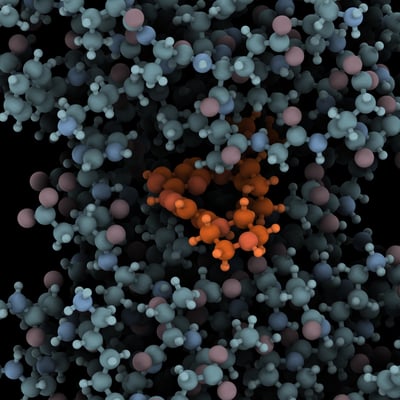FORCE's eXamining the Relevance of Articles for You (XRAY) program looks behind the headlines of cancer news to help you understand what the research means for you.
XRAY is a reliable source of hereditary cancer research-related news and information.
Learn more about the XRAY program
Keyword: CDK inhibitor
Guideline : FDA issues warning on CDK inhibitors
Most relevant for: People currently taking a CDK inhibitor
The U.S. Food and Drug Administration issued a safety alert for CDK inhibitors, including Ibrance (palbociclib), Kisqali (ribociclib), and Verzenio (abemaciclib). (9/24/19)
Read More
Relevance: High


Strength of Science: High


Research Timeline: Post Approval


Study : CDK inhibitors may increase survival for ER-positive metastatic breast cancer patients
Relevance: High


Strength of Science: High


Research Timeline: Post Approval


Most relevant for: People with metastatic, hormone-positive, Her2-negative breast cancer
The phase III MONALEESA-7 study is a clinical trial looking at the effect of a type of treatment known as a CDK4/6 inhibitor in pre- or perimenopausal women with hormone receptor–positive advanced breast cancer. (7/22/19)
Read More

Relevance: High


Strength of Science: Medium-High


Research Timeline: Post Approval


Study : The impact of palbociclib (Ibrance) on overall survival for metastatic breast cancer patients in the PALOMA-3 trial
Relevance: High


Strength of Science: Medium-High


Research Timeline: Post Approval


Most relevant for: People with metastatic, hormone-positive breast cancer
The PALOMA-3 clinical trial showed that a new CDK4/6 inhibitor in combination therapy improved progression-free survival of women treated for hormone receptor-positive, HER2-negative advanced or metastatic breast cancer in women with prior disease progression after endocrine therapy. This XRAYS reviews a newly published study in the New England Journal of Medicine that looks at overall survival in the original PALOMA-3 study. (1/23/19)
Read More.jpg)